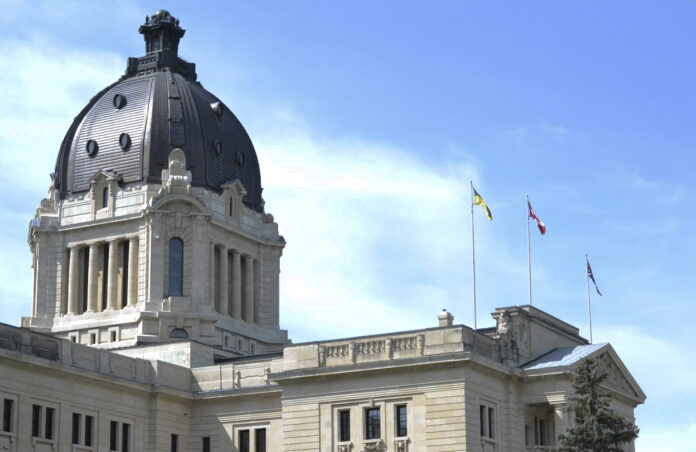Chief medical health officer says well-organized mass gatherings are not a problem, but private gatherings remain a concern as COVID case numbers increase
The provincial government announced plans to decrease the maximum number of people allowed at private gatherings following concerns about a jump in person-to-person COVID-19 transmissions.
While COVID cases linked to mass gatherings have dominated the headlines in recent days, Dr. Saqib Shahab, Saskatchewan’s chief medical health officer, said they’re even more concerned about private events.
Roughly 70 per cent of COVID-19 cases announced last week had no contact with a known case or mass gathering. That’s up from 53 per cent in the first week of October.
The new guidelines will come into effect on Friday, and will not impact restaurants, licensed establishments, banquets, halls, weddings, funerals or religious gatherings.
“While nothing is 100 per cent safe, we have seen that, for the most part, restaurants, bars, gyms (and) places of worship have not resulted in large transmission events,” Shahab told reporters during Tuesday’s media update.
“With gatherings at home, we’re hearing many times people get together for a birthday party or for other special occasions,” he added. “It’s crowded and you just can’t fit 30 people inside a house. That’s where we need to focus on.”
Shahab said large public events are not a problem if they are well-organized, and most of them have been. He expects that to trend continue, provided residents adhere to public health guidelines, which include wearing a mask when visiting indoor public spaces.
He added that Saskatchewan residents were quite vigilant in the spring, but relaxed a bit as cases started to fall in the summer. With the weather turning colder, he called on residents to recommit themselves to public health efforts.
Despite those concerns, Shahab said it’s still possible to start returning to normal while keeping numbers low.
“If you look at our detailed geography (map), there’s a case or two in almost every part of the province,” he said.
“We always knew that fall would be more challenging. All jurisdictions are showing an upward trend. I think we have done really well so far, and I think we need to do everything we can to keep our numbers as low as possible.”
Shahab was asked to comment on the $14,000 fine handed out to a Prince Albert church at the centre of a recent COVID-19 outbreak. He declined, saying he wouldn’t speak on the specifics of penalties handed down to organizations that are in non-compliance.
He said fines are a last ditch effort to get organizations, businesses and individuals to comply with public health guidelines. He also said haven’t had many problems with non-compliance.
USask research centre receives grant for COVID-19 tests
The University of Saskatchewan’s Vaccine and Infectious Disease Organization International Vaccine Centre (VIDO-InterVac) has received an $830,000 grant to determine the effectiveness of several anti-viral compounds against COVID-19.
The funding comes from the COVID-19 Therapeutics Accelerator, a program launched by the Bill and Melinda Gates Foundation, Wellcome and Mastercard in March to help speed up the search for effective COVID treatments.
“This project is evidence of the collaborative global response to fight COVID-19,” VIDO-InterVac director Dr. Volker Gerdts said in a press release. “The ultimate goal is to develop a safe solution to end this pandemic as quickly as possible.”
Researchers will use the containment Level 3 agriculture facility (CL3-Ag) to conduct the tests. It’s one of the largest and most advanced CL3-Ag facilities in the world.
Testing will involve a hamster model of SARS-CoV-2, which is meant to mimic human infections.
VIDO-InterVac currently works with more than 80 organizations around the world testing antivirals, vaccines and other therapeutics.


